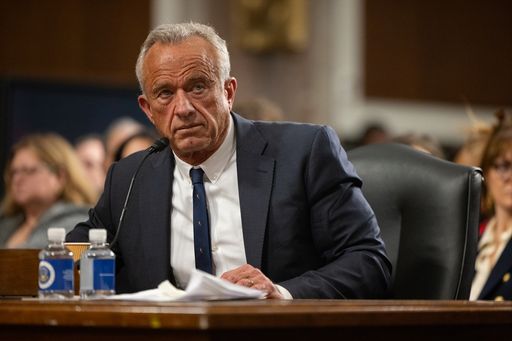Neither the painkiller Tylenol nor vaccines have been shown to cause autism, the World Health Organization (WHO) said on Tuesday, following comments from US President Donald Trump and his administration to the contrary.
Trump insisted on Monday that pregnant women should “tough it out” and avoid Tylenol due to an unproven link to autism, and also urged major changes to the standard vaccines administered to babies.
Medical groups have long cited acetaminophen, or paracetamol, the primary ingredient in Tylenol, as among the safest painkillers to take during pregnancy.

Evidence is ‘inconsistent’
WHO spokesman Tarik Jasarevic acknowledged that some observational studies had suggested a possible association between prenatal exposure to paracetamol and autism.
But, he said, “the evidence remains inconsistent.”
“If the link between acetaminophen and autism were strong, it would likely have been consistently observed across multiple studies,” Jasarevic told reporters in Geneva, cautioning against “drawing casual conclusions about the role of acetaminophen in autism.”
Vaccines back in Trump’s firing line
Vaccines were also on Trump’s press conference agenda, where he questioned standard shots, including the measles, mumps and rubella (MMR) vaccine.
He also implied he would end the common use of aluminium in vaccines, despite its safety being widely studied.
Identifying the causes of autism, a complex condition linked to brain development, with genetics seen as the predominant factor, has been a long-time focus of Trump’s health secretary, Robert F. Kennedy Jr.
‘Vaccines do not cause autism’
Asked about the US president’s statements, Jasarevic was unequivocal: “Vaccines do not cause autism.”
“The childhood immunisation schedule, carefully guided by WHO, has been adopted by all countries and has saved at least 154 million lives over the past 50 years,” he said.
“These schedules have continually evolved with science and now safeguard children, adolescents and adults against 30 infectious diseases.”
He warned that delaying, disrupting or altering immunisation schedules without scientific review sharply increases infection risks for children and the wider community.
“Each missed dose increases the chances of contracting a life-threatening infectious disease,” he added.





















